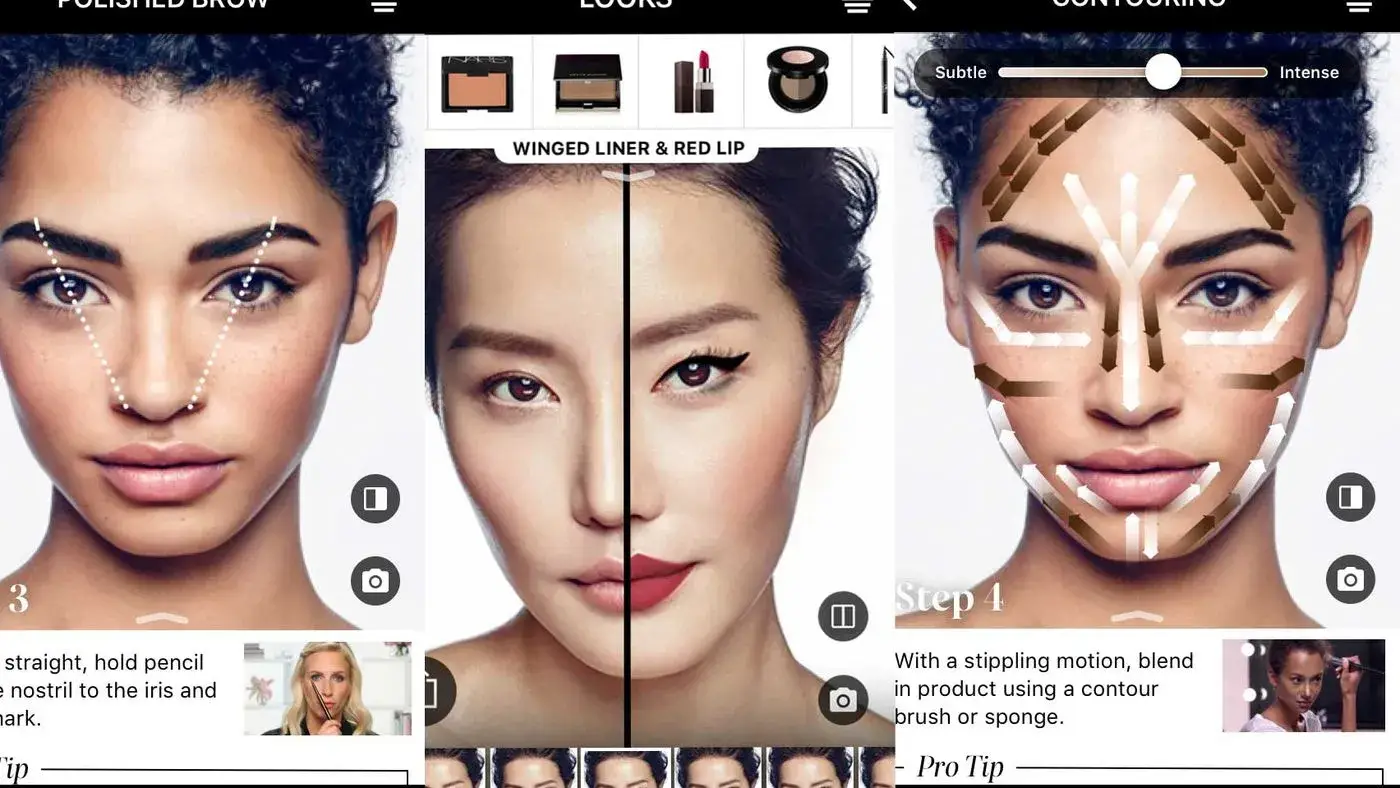Looking ahead, the future of beauty lies in embracing diversity and inclusivity. As awareness grows and societal attitudes shift, there is a growing demand for representations of beauty that reflect the true variety of the human experience. The industry is gradually moving towards a more holistic view that celebrates individual differences and prioritises health and well-being over adherence to rigid standards. Innovations in technology also offer new possibilities for personalised beauty solutions that cater to individual needs rather than promoting a one-size-fits-all ideal. With ongoing efforts to promote diversity, support mental health, and educate the younger generations, the future of beauty could be one of empowerment, self-acceptance, and celebration of our beauty diversity.
Personalised Beauty
With the aid of AI and machine learning, personalised beauty recommendations and products are becoming more accessible. Brands are offering customised skincare routines, makeup shades, and even personalised haircare products based on individual customer data.
Artificial Intelligence (AI) can play a significant role in combating the standardisation of beauty by promoting diversity, personalisation, and inclusivity. Here’s how AI can help reshape perceptions and practices within the beauty industry:
Personalised Beauty Recommendations
AI algorithms can analyse a person’s unique features, skin type, preferences, and needs to provide personalised product recommendations. This approach encourages the celebration of individual differences rather than conforming to a narrow standard of beauty. Personalised beauty reinforces the idea that beauty products and routines should cater to the individual, not the other way around.
Diverse and Inclusive Content Creation
AI can assist in creating and promoting content that reflects a wide range of beauty standards. By analysing data from diverse populations, AI can help brands ensure that their content represents people of all ages, skin tones, body types, and genders. This can help challenge and eventually diminish the prevalence of a singular beauty standard in media and advertising.
Virtual Try-On and Simulation Tools
AI-powered virtual try-on tools enable users to see how products look on their unique features through augmented reality (AR). This technology supports the idea that beauty products are adaptable to a wide variety of individual appearances, rather than suggesting that individuals need to change to fit a particular beauty ideal. It also allows for a more inclusive shopping experience, catering to diverse consumers.
Feedback and Sentiment Analysis
AI can analyse customer feedback and sentiment across social media and other platforms to gauge public opinion on beauty standards and inclusivity. This information can help brands understand consumer demand for more diversity and tailor their product development, marketing, and communication strategies accordingly.
Bias Detection and Correction
AI systems can be designed to identify and correct biases in product ranges, marketing campaigns, and content. For example, AI can analyse a brand’s imagery to ensure a diverse representation of beauty, or audit product lines to identify gaps in offerings for different skin tones or types.
Enhancing Accessibility
AI can make beauty more accessible to people with disabilities by developing voice-activated devices, personalised product recommendations based on specific accessibility needs, and tutorials designed to be inclusive of all users.
Supporting Independent Creators
AI can help amplify the voices of independent creators who promote diverse and inclusive beauty standards. By using AI algorithms to highlight diverse content on social media platforms and in search results, these creators can reach a wider audience.
Conclusion
By leveraging AI in these ways, the beauty industry can move towards a more inclusive and personalised approach that celebrates the unique qualities of each individual. This not only helps fight the standardisation of beauty but also fosters a more accepting and diverse understanding of beauty in society.

